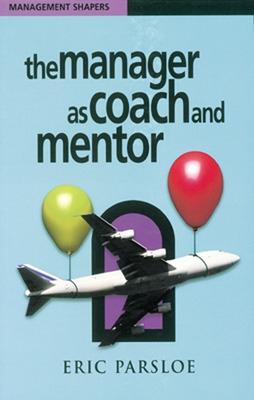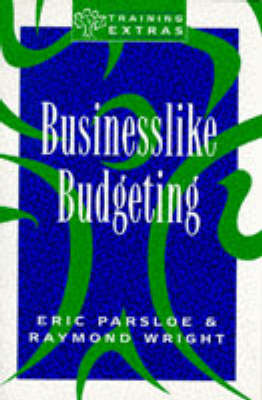Training Extras S.
2 total works
"The Manager as Coach and Mentor" shows how and why coaching and mentoring are the simplest, most practical and cost-effective ways you can boost the performance of your staff. It includes straightforward and practical advice on: choosing coaching styles and techniques that work - understanding the roles and responsibilities of supportive mentoring; developing the essential interpersonal skills and attributes; assessing your own competence with simple exercises; and, following six foolproof rules to ensure success.
Progressive training programmes not only equip managers with basic skills and competencies, but deploy innovative, wide-ranging learning strategies to ensure continuous development. Specifically designed as flexible support material, "Training Extras" provides a simple framework to structure learning. This comprehensive series covers all the crucial skill areas for the first-time manager or supervisor, providing: the key issues in an easy-to-read style; diagrams, models and charts for clarity and quick reference; helpful starting points to build confidence and encourage "hands-on" practice; practical advice and tips based on real-life management issues and examples. This series equips all those responsible for training with a set of useful tools designed to provide maximum flexibility, yet to be fully compatible with other learning resources. The booklets offer reference updates for busy practitioners, as well as study material up to NVQ Level 4, and should become core components on self-development and open-learning programmes.
For trainees on formal training courses, the series should function equally effectively as pre-course background reading, as course notes or post-course follow-up material for continuing development. This book helps readers understand what budgets are, why they are important, how to present and, above all, how they can be used to manage more effectively. It examines in simple language: putting the departmental budget in the company context; sources of costs and benefits and how to identify those relevant to a proposal; major types of intangibles and how best to handle them; presenting and communicating data successfully; and assessing and explaining variances.
For trainees on formal training courses, the series should function equally effectively as pre-course background reading, as course notes or post-course follow-up material for continuing development. This book helps readers understand what budgets are, why they are important, how to present and, above all, how they can be used to manage more effectively. It examines in simple language: putting the departmental budget in the company context; sources of costs and benefits and how to identify those relevant to a proposal; major types of intangibles and how best to handle them; presenting and communicating data successfully; and assessing and explaining variances.

